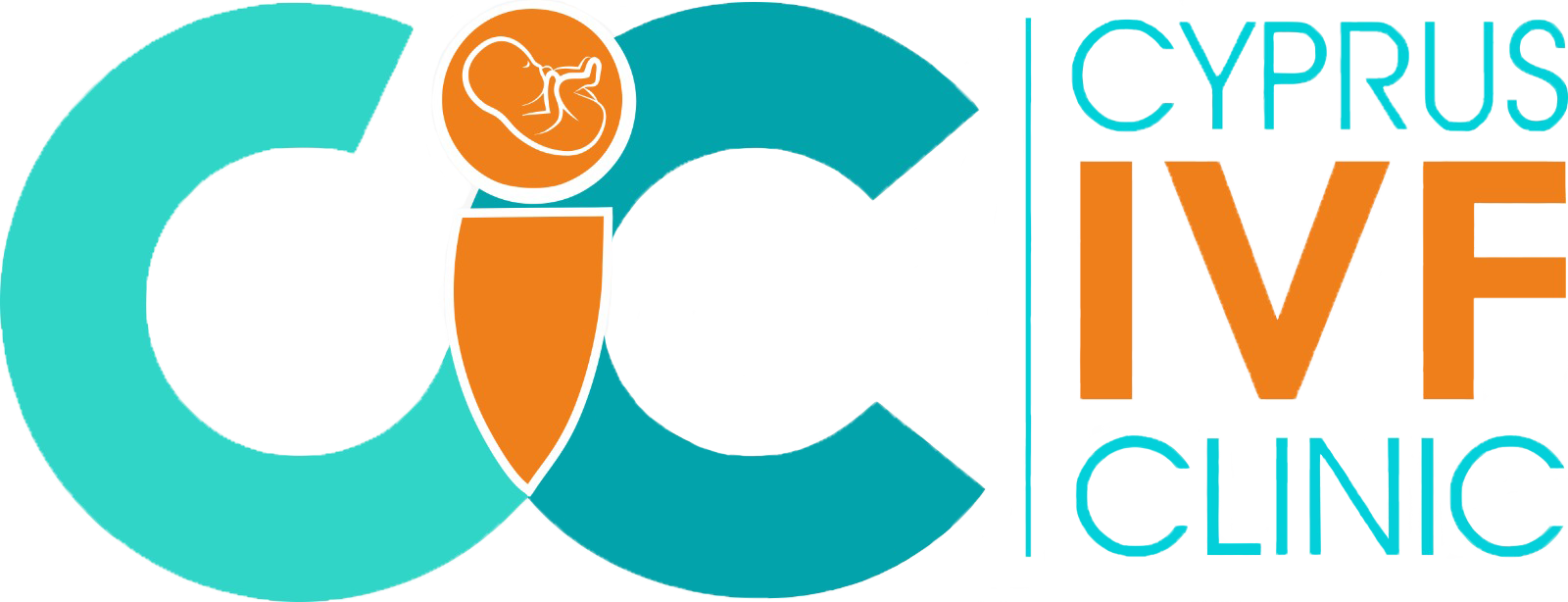IVF with ICSI
Intracytoplasmic sperm injection (ICSI), a subset of in vitro fertilization, is a common method of treating male infertility (IVF). A common IVF technique includes combining sperm and eggs in a dish and waiting for spontaneous fertilization to occur. Nonetheless, ICSI may be required to complete fertilization if the male partner has a low sperm count or poor sperm motility. A single sperm is implanted into an egg using a needle in intracytoplasmic sperm injection (ICSI). Even if there are physical hurdles in the way, the sperm can reach the egg and fertilize it via this strategy. After fertilization, the egg is allowed to develop into an embryo, which is then implanted in the uterus.
Because of its success in treating male infertility, ICSI is now used in almost half of all IVF cycles. This advancement has also assisted couples who have tried and failed to conceive using traditional IVF approaches. Several factors influence ICSI success rates, including sperm quality and the age of the female partner. Yet, the success rates of ICSI are comparable to those of traditional IVF.
Although ICSI has been demonstrated to be beneficial, it is not without danger. The injection procedure may harm the egg or embryo. ICSI bypasses the natural selection process that occurs during fertilization, increasing the likelihood of genetic abnormalities. While preimplantation genetic testing does not completely eliminate the chance of genetic problems, it does greatly minimize the likelihood of such difficulties.
Ultimately, ICSI is a highly effective therapy option for couples coping with male infertility. Despite the fact that the technique is not without risks, ICSI has assisted countless couples in becoming parents. If you and your spouse have been experiencing infertility challenges, consult with your doctor to determine if ICSI is a possible option for you and your partner.


 (1).png)









